When she was in middle school, my younger daughter attended a private, girls academy. She encountered a culture there that was ruled by tall, skinny blonde girls. These privileged and pampered young women believed that their appearance gave them inordinate power and status. And they were right.
As a small, Korean child my daughter didn’t have a “get in free” ticket to the elite club. I don’t believe these girls were born to be mean, but they came to believe over time that their looks gave them special rights. Not surprisingly, they liked those rights. And they were not particularly eager to share those rights or to expand their criteria for inclusion to their social circle.
What they didn’t understand at the time was that their faces would eventually wrinkle, their waist lines would expand, and their thick lustrous hair would thin and fade. As a result, they gave slack attention to developing their minds, enlarging their hearts, and broadening their horizons. When their youthful tickets to success were no longer sufficient to meet the requirements of living, learning, and working in a rapidly changing world, they reverted to the behaviors that got them what they wanted when their looks weren’t enough. They pouted and protested because they no longer had the power and privilege they so enjoyed in the past. It turns out that those kids who looked differently than them were working to learn skills while they were posing for photo ops.
In the last few weeks, I’ve read and re-read several books that probe the roots of this madness: The Power of Myth, Unsheltered, There Will be No Miracles Here, and All and Everything.

In The Power of Myth, Joseph Campbell describes in detail how beliefs and rituals help people navigate the world.
He shares his views on how many religious people yearn for a return to the “old time religion” that served as clear guides for daily behavior.
While myths have their benefits, he points out the problems of wanting to go back to something that has passed and now no longer serves as an effective pathway for today’s complex world. Campbell acknowledges that this yearning is understandable because doctrine provides comfort and safety, e.g. it gives assurances that we are not only loved by an omniscient God, but are also immortal. Who would want to give up those beliefs? Campbell suggests that myths may offer life models, but that times have changed so fast that what worked fifty years ago or two thousand years ago doesn’t always work today.
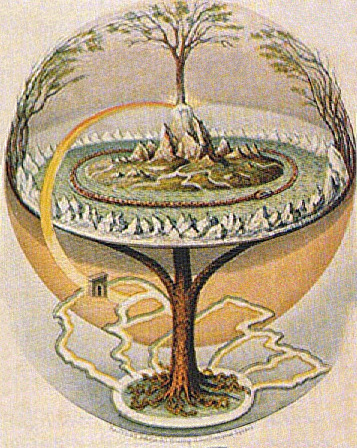
In Unsheltered, Barbara Kingsolver tells two interlaced stories of two families separated by more than a century.
She likens the obsessive search for “shelter” in our lives to a virus that infects our well-being.
In this revealing book, the family living in America during our current time keeps slipping down the ladder of success. The adult couple are both professionals who have sought the safety of full-time employment and university tenure.
As the novel opens, their family has just moved into a precarious structure that serves as a terrific metaphor for many other collapsing shelters in their life.
The heroes in the novel have worked their entire lives but are approaching retirement with no retirement savings. They learn painfully that the old rules no longer apply. With no health insurance and massive student debt, they live paycheck to paycheck.
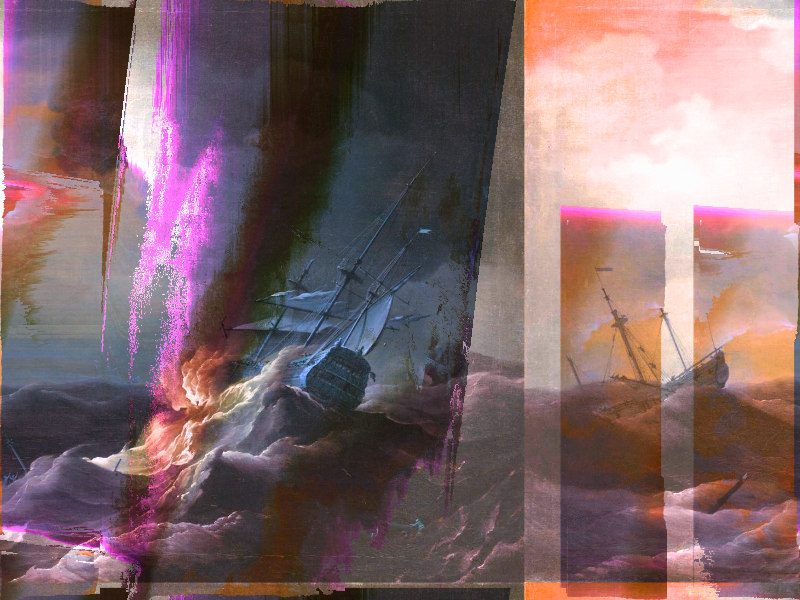
The second family in Kingsolver’s book is living in the 1870s in an actual “utopian” community founded by Charles Landis, a real estate developer who really did shoot someone and get off scott-free.
Among the citizens of this community was Mary Treat, an actual naturalist who corresponded with Charles Darwin and made a living as a science writer. She, of course, had multiple collisions with the religious leaders who dominated the town. In this post-Civil War period, fine manners mask vicious bigotry with ridiculous expectations for women, blatant racism against anyone who is not white, and hostile condemnation against people who don’t share their beliefs.
Although over 140 years apart, both families are desperately trying to survive in a violently fracturing culture.
Meanwhile, new social attitudes and scientific discoveries are shattering every cherished belief. Kingsolver brilliantly suggests that it has never been easy to find yourself without some form of shelter and the comfort of old beliefs.
For me, the idea of shelter goes beyond having a roof over our head. We can feel emotionally unsheltered when we make ourselves vulnerable to one another. We can feel intellectually unsheltered when we have to confront evidence that contradicts our beliefs. We can feel spiritually unsheltered when someone destroys the myths that dictate our behaviors. The desire for emotional, intellectual and spiritual shelters is as strong as the need for physical shelter.
In There Will Be No Miracles Here, Casey Gerald shares his personal journey that started as a black boy in a blighted Texas town, continued with a stop at Yale University, gained momentum when he picked up his MBA at Harvard and then landed him on Wall Street before he re-assessed the role of savior that been imposed upon him. In this brilliant memoir, Gerald tells the story of his transformation from ghetto, peasant boy to what most people would describe as a poster boy for the American miracle.

Casey’s father had been a football star at Ohio State who was asked by Woody Hayes to get back in the game when he was still recovering from a broken back – another cruel example of exploitation (See my post “Football Culture“).
As Casey tells it, after his football career ended, his father was involved in the greatest business in America: saving souls.
His mother stayed at home applying makeup for most of the day. Apparently, she suffered from bipolar disorder, and he was addicted to drugs and ended up in prison. Thus, his older sister became his parent. Not a great way to start life.
In his teen years, Casey discovered he was gay but kept it a secret because it interfered with the image of perfection he was trying to craft. At the same time, he started playing football and emerged not only as a star athlete but as his class valedictorian. His story attracted enough attention that he landed a full ride scholarship to Yale.
He decided to attend because he believed his acceptance transformed him into a symbol for his school, his community, and his people.
At Yale, he quickly discovered the class divide among the privileged black students and the poor black students. During his journey through these entirely different worlds, Casey learns about how the elites run the country and keep the underclass subject to their rules. He concludes that
America is ruled by people with power who are often in the shadows. It is this elite shadowy circle that is invested in keeping alive the myth that transformative miracles can occur if you just work hard.
The truth is that they continue to benefit by supporting extraordinary talents like Casey while reinforcing the myth that everyone has equal opportunity if only “they” are willing to work hard enough. Perpetuating this myth provides cover for continued repression and exploitation of the less fortunate.
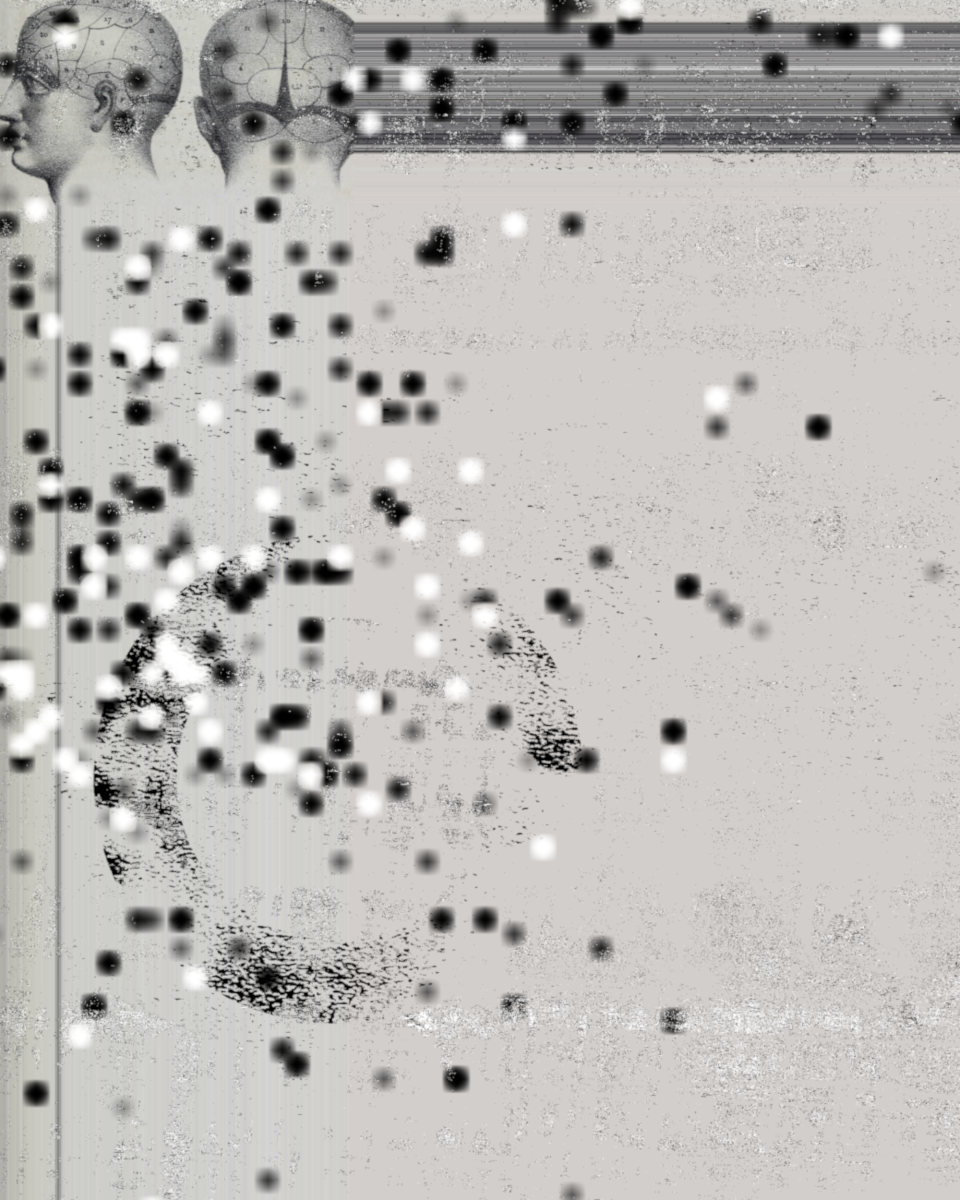
In All and Everything, Gurdjieff declares as his mission to “mercilessly destroy the illusions people have about themselves and the world.”
He understood that myths and illusions are what keep us enslaved to conventional beliefs and conditioned, habitual, ritualistic responses. He argues that only by destroying our illusions can we free ourselves and wake up. According to Gurdjieff, we are too lazy and negative to do the work required, i.e. we prefer comfort and safety to the risks of openness, freedom, and impartial objectivity. And to truth.
All of these books explore the roots of our madness: the desire for power, prestige, privilege, comfort and safety trump our openness to new possibilities, inclusive thinking, and scientific discoveries. We see ourselves as separate vs. connected, as independent vs. interdependent, and as competitive vs. collaborative. Our myths and illusions about the world shut down more productive ways of thinking and relating. We keep searching for tickets to elite clubs and miss the opportunities to free ourselves from oppressive norms and bullshit beliefs. It’s not that all myths are bad; it’s just that some are not true and some are terribly destructive.
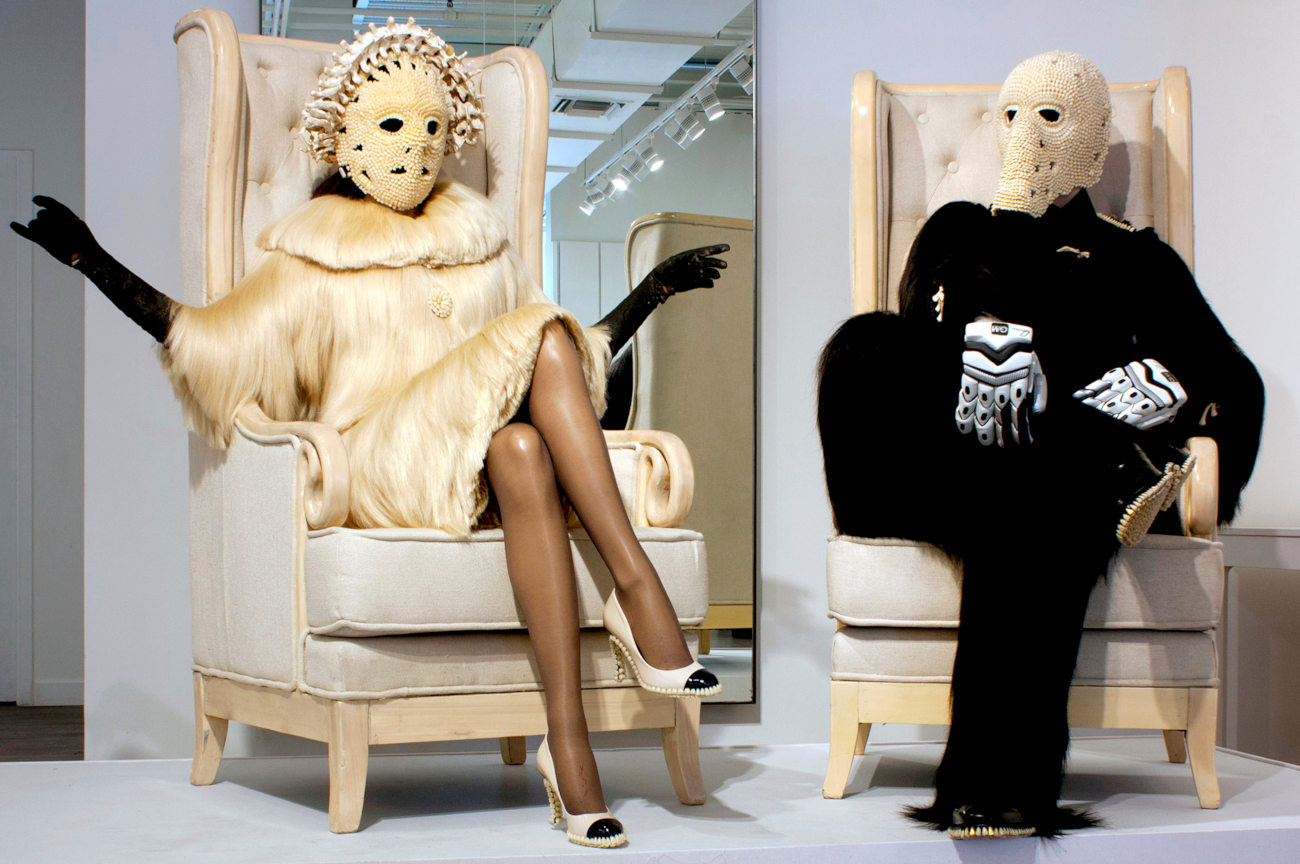
Personally, I worry that we are hanging on to expired tickets.
We are clinging to myths that give us comfort and security, but we are paying the price of having life pass us by. We need to let go of preconceived notions and the willful ignorance that keep us trapped. They are the roots of our madness and they run deep.
By the way, my younger daughter is now happier than she has ever been. She took a non-conventional path that opened up opportunities that she couldn’t even have imagined when she started on her journey. She is combining art and science is ways that challenge the status quo. My greatest hope comes from watching how my two daughters and grandkids lead their lives.
May we find ways to free ourselves from the entanglement of the long and winding roots of madness. May we welcome fresh, new (and green) ways of living together on this planet in harmony with each other and with Nature. May we do the work to make it so.
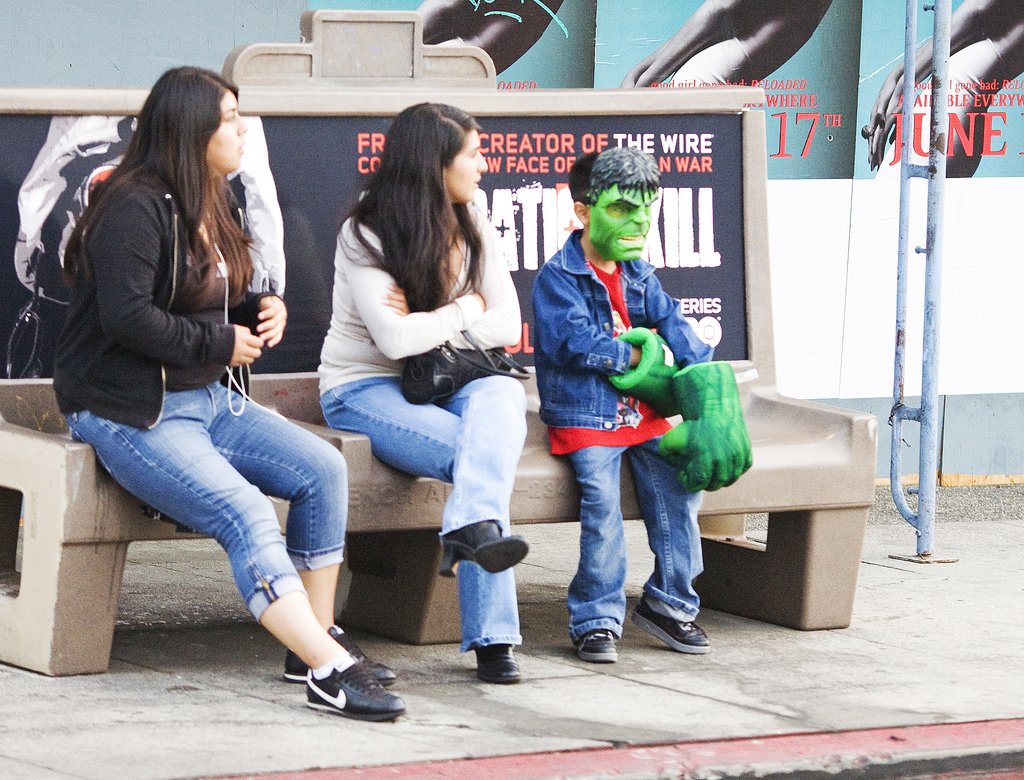
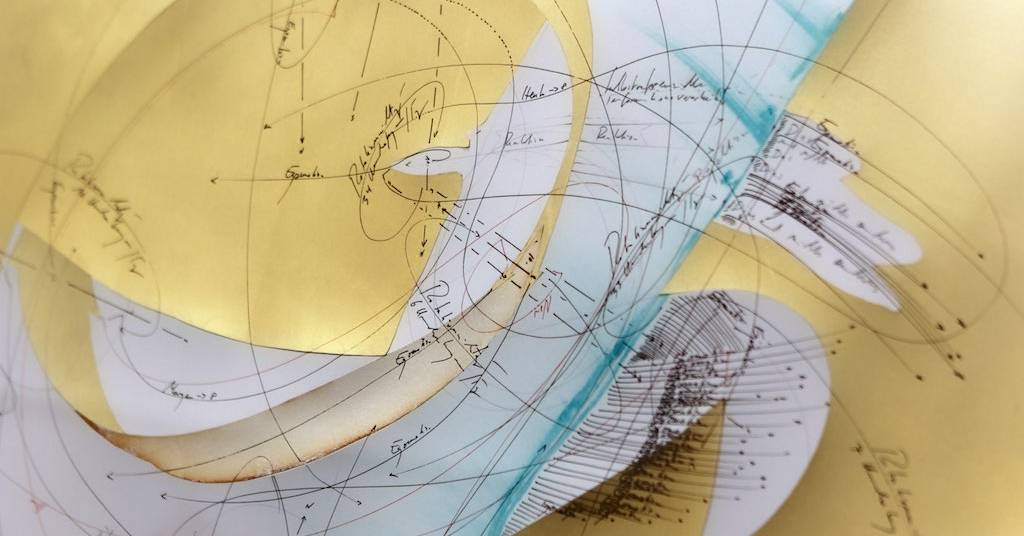


Love it Ricky! I’m reading Unsheltered presently. I appreciate you!